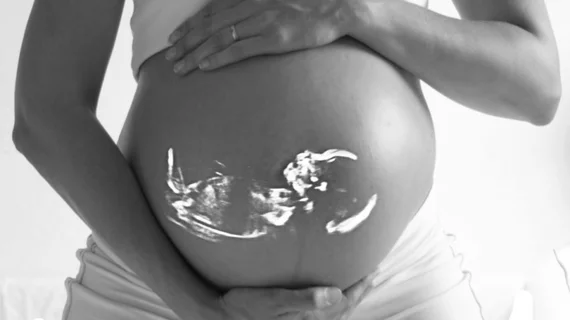SIR 2024: UAE can eliminate the need for hysterectomy after postpartum hemorrhage
Uterine artery embolization (UAE) can help women avoid hysterectomy due to postpartum hemorrhage when the procedure is implemented in a timely manner, according to a new study presented at the 2024 Society of Interventional Radiology (SIR) Annual Scientific Meeting in Salt Lake City.
UAE is minimally invasive with limited side effects. The procedure is performed by a radiologist who injects tiny particles into the arteries near the uterus using X-ray fluoroscopic imaging as a guide. The particles temporarily block blood flow to stem uterine bleeding, and were shown in the study to eliminate the need for future surgery.
In a review of 66 patients (median age of 31) at a medical center who underwent UAE for postpartum hemorrhage, the procedure was found effective for 62 (94%) of them in controlling bleeding without a need for a hysterectomy. The UAEs were performed between 2014 and 2022.
Although not entirely effective, the reduced necessity of uterine removal is promising, according to the study's lead author, Younes Jahangiri, MD, from Michigan State University and Corewell Health. Hysterectomy is often the primary treatment considered by doctors when bleeding poses a threat to the mother's life.
“As the medical community looks for ways to provide better care for women to address maternal health and peri-partum care, this is one more option on the table that could help many women,” Jahangiri added in a statement.
The four patients in the study cohort who required removal of the uterus after UAE had particularly severe hemorrhaging, losing at least 2,400 ml of blood prior to the procedure.
The study sample size is small, and the authors note that more research is required to better understand the benefits of UAE. These preliminary findings are to be expanded to include multiple healthcare settings to better understand not only the immediate impact the treatment has on patient outcomes but also what benefit UAE has long term.

